
The experts weighed in on a wide variety of psychiatric issues for the Psychiatric Times February 2022 issue.

The experts weighed in on a wide variety of psychiatric issues for the Psychiatric Times February 2022 issue.

Smart phones have the potential to be either a useful and highly constructive asset or a destructive and harmful diversion from life.

Welcome to the psychedelic renaissance.
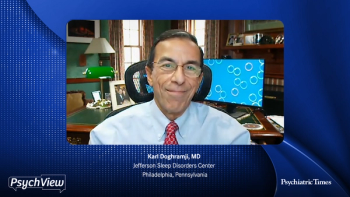
Experts in sleep disorders provide clinical practice pearls and takehome messages for the management of insomnia.
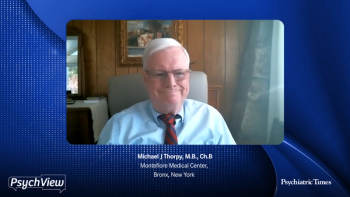
Shared insight on the treatment and management considerations of insomnia and related sleep disorders.
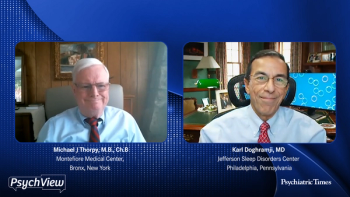
Michael J Thorpy, M.B., Ch.B and Karl Doghramji, MD discuss the impact of COVID-19 on sleep disorders and depression.

Shared insight on clinically utilized treatments for parasomnia and sleep disorders.

A brief overview of the sign, symptoms, and range of parasomnias.

Experts in sleep disorders review the DSM-V Diagnostic Criteria for insomnia disorder and discuss sleep disorder permutations.

Michael J Thorpy, M.B., Ch.B and Karl Doghramji, MD provide an overview of insomnia, highlighting the incidence and disease burden.
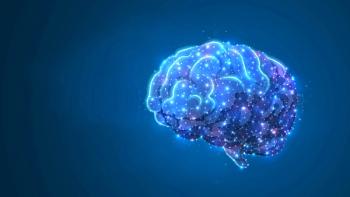
How can this new model help us link brain-based innovation with economics?

The glass is half full: reflections on where we are and hope for where we are heading in psychiatry.

Psychiatric Times featured a wide variety of psychiatric issues in this year’s CMEs.

Are common genes and signaling pathways involved in PTSD and migraine?

It’s been a full week of interesting stories, commentaries, and more on a variety of topics at psychiatrictimes.com.

In honor of the International Day for the Elimination of Violence against Women on November 25, 2021, let’s consider the impact of IPV on the neuropsychiatric health of women.

As the COP-26 (Conference of the Parties) gets ready to convene to discuss climate change, it is crucial for them to consider brain science.
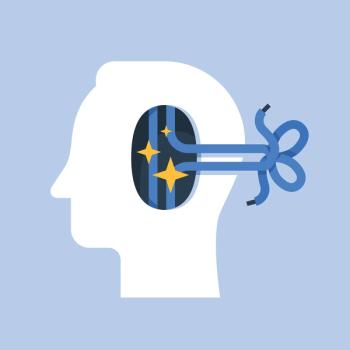

Key nutrients are essential to maintaining health. Here's an overview of B12.

Bringing science to the practice of psychiatry has been the personal goal of Sheldon H. Preskorn, MD—the Educator of the Year.

The US Food and Drug Administration approves first of its kind medication for migraine prevention.

Is neurodivergence to be cured or is it a healthy part of our social ecology?

Decades of efforts to find effective medical treatments for dementia and Alzheimers disease have largely failed. Would a public health approach be more effective?

10 keys to understanding the science of cannabinoids.

What advice can clinicians give patients to lower their overall risk for neurodegenerative diseases?